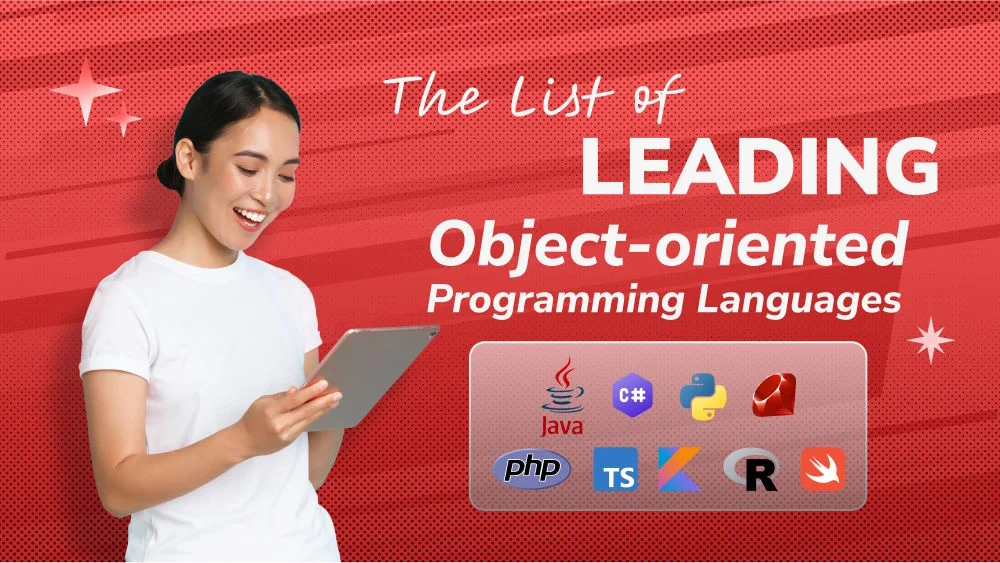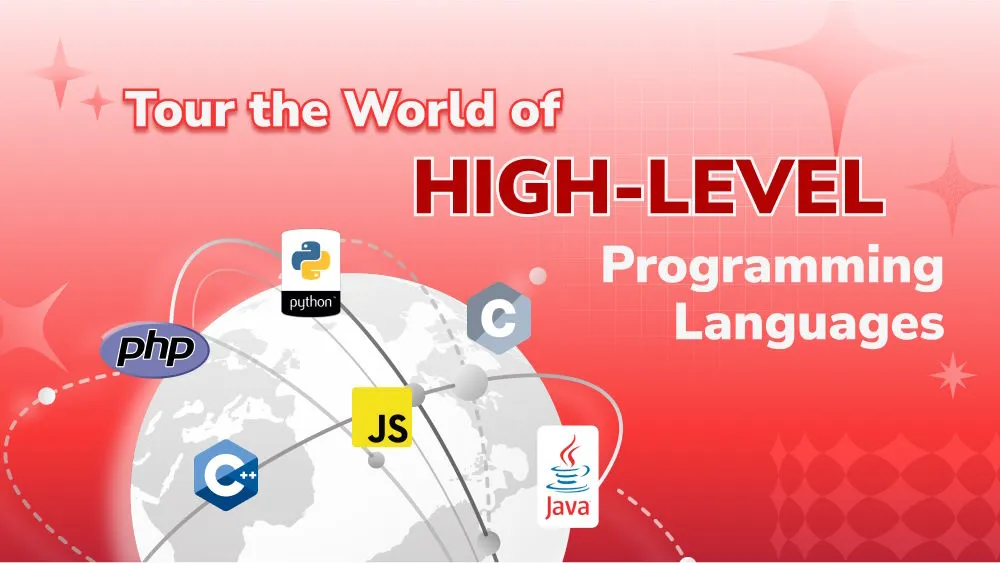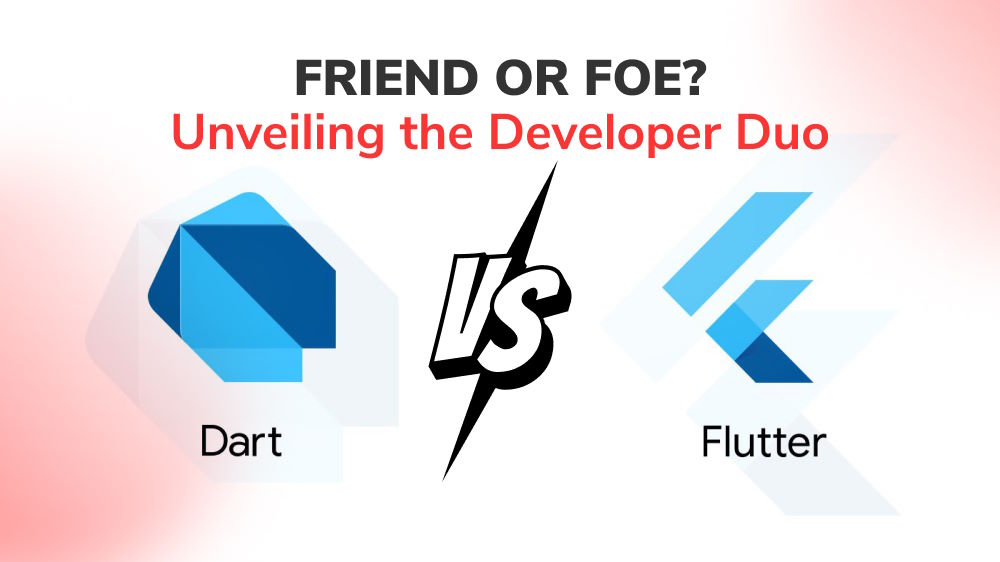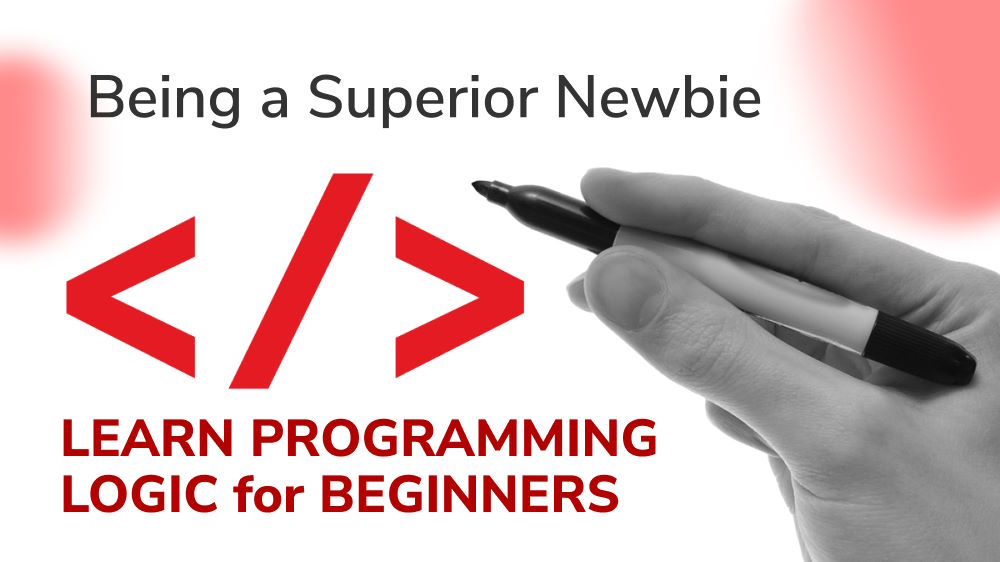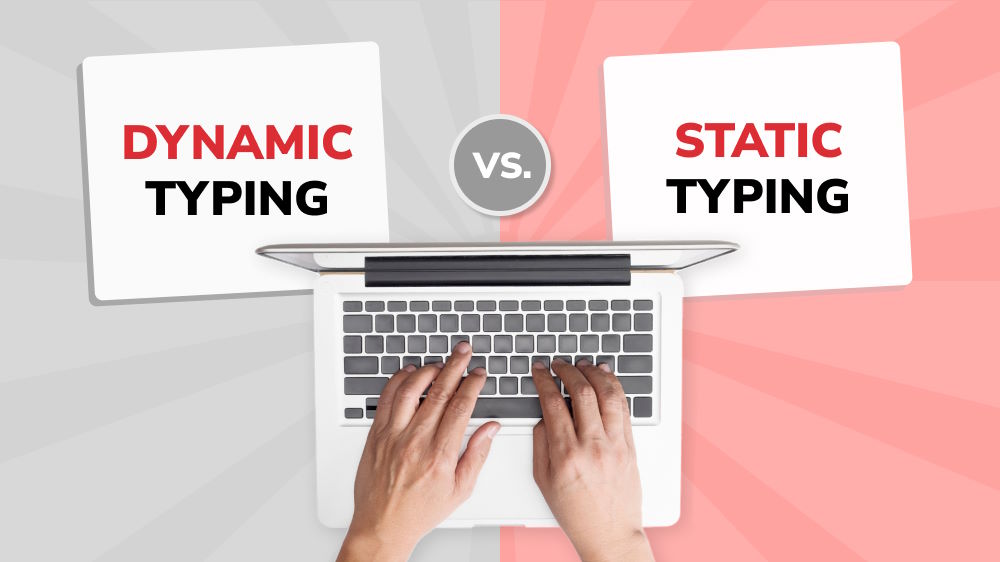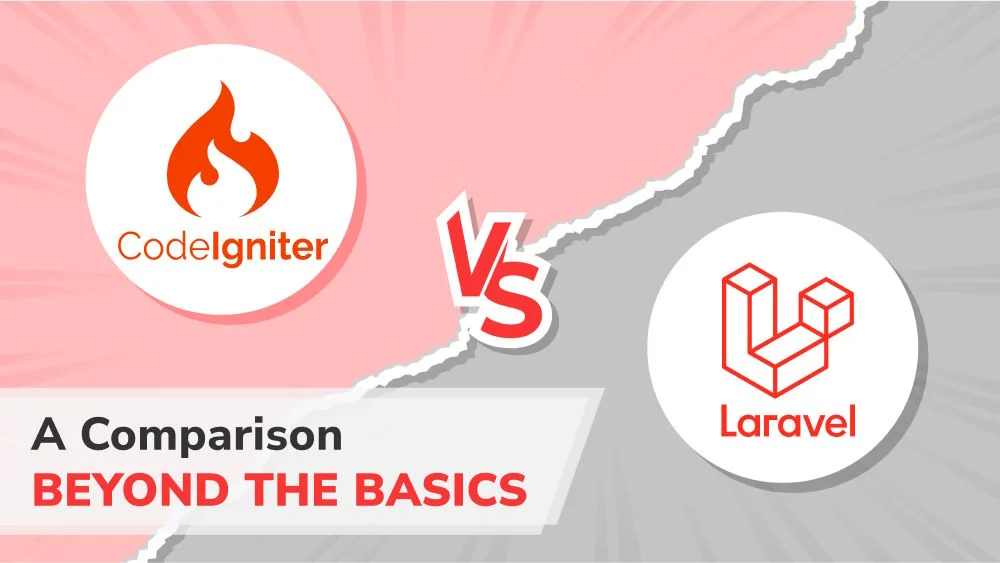
Flask Vs. Django: A Comprehensive Comparison and Decision Guide
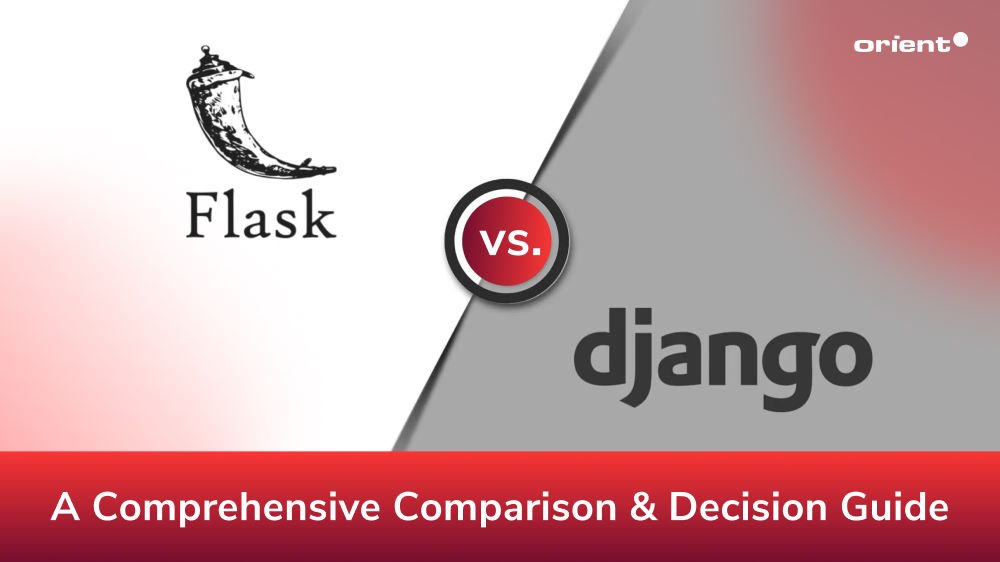
Content Map
More chaptersIn the world of Python web development, there are two popular powerhouses. If you thought of Flask and Django, then you are right. Flask and Django have continued to reign supreme, especially since the adoption of Python programming language is widespread and versatile.
With the existence of two equally popular Python web frameworks, a follow-up question often persists: Which one is better? Which one should you choose for your project?
Frequently, it comes down to what the project’s goals are. Still, is it possible to determine which web framework is better? In specific circumstances, is there a better Python web framework? This article helps you find the answers to these questions.
First, Here is What You Need to Know about Web Frameworks
A web development framework, also known as a web app framework, is a set of resources, libraries, and conventions aimed at simplifying the creation, management, and maintenance of web applications, services, and the development of APIs. Frameworks in web development assist developers in building efficient and robust web solutions, streamlining workflows, and easing maintenance work.
Frameworks lessen the complexity of web development since they take care of the technical intricacies, giving developers the time and space to focus more on business logic, resulting in rapid development. For example, web development frameworks can help with:
- Presenting information in web browsers
- Automate tedious tasks
- Offer APIs for data access
G2 ranks Flask and Django as the easiest and second-easiest Python frameworks. This website defines “quality of support” and “ease of use” as the two top framework qualities that impact a user’s positive experience. Flask and Django are both popular Python frameworks, so they both meet these criteria. But what else do they have to offer? It’s time to dig in a little deeper.
What You Need to Know about Flask Framework
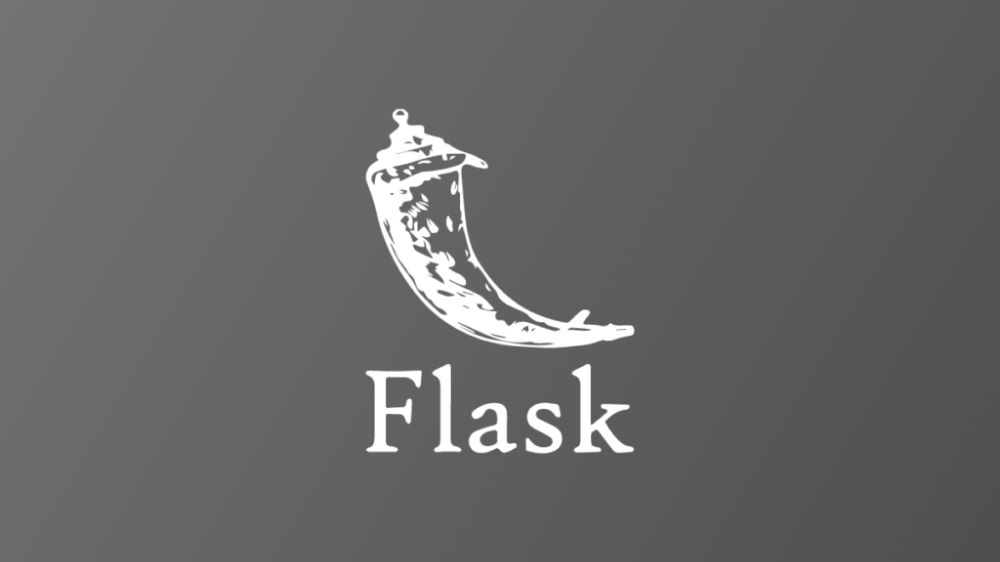
Definition
Python Flask is a micro-framework for the Python programming language that was first presented by Armin Ronacher in 2011. It stands out for not relying too much on external libraries. Flask gives developers freedom in selecting plugins, databases, and design patterns. Originally, Flask was intended to be a combination of Werkzeug (a server framework) and Jinja2 (a template library). It is lightweight and adaptable, offering all the functionality required for developing web applications without requiring further dependencies. Well-liked by businesses such as Samsung, Netflix, and Lyft, Flask provides extensions for several features, including file uploading, object-relational mapping, open authentication, and form validation.
Key Features
With the aim to help web developers create web apps quickly with ease, Flask’s core features are as follows:
Minimalistic And Lightweight
Since Flask doesn’t use third-party libraries, it is a lightweight framework. On top of that, it is focused on providing the essential elements of designing web apps without many dependencies. Some of these elements include templating, routing, requesting handling, etc. All in all, it is smaller-scale and instrument-specific, based on Python. The framework is easy to learn and use.
Jinja2 Templating Engine
Flask uses Jinja2, a powerful templating engine. The framework makes it simple for developers to produce dynamic HTML content and write dynamic HTML templates using syntax akin to Python. Notable features of Jinja2 are macros, filters, expressions, and security.
WSGI Compliant
WSGI stands for Web Server Gateway Interface, a protocol that empowers communication between web servers and web apps like Flask. It defines a standard way for web servers to forward requests and send responses back to the web server. Flask is WSGI compliant, allowing it to work seamlessly with any web server that follows the WSGI standard.
Extensible And Modular
Flask enables developers to take a modular approach to website development. This means developers can organize the application into smaller and reusable components or blueprints.
The modular design of Flask also makes it extensible. Developers can extend its functionality with ease through extensions and third-party libraries, e.g., caching, database integration, and authentication. Users have the freedom to choose and customize these external resources for the web app project.
Other features of Flask include the support of RESTful request dispatching, a built-in development server, a fast debugger, unit testing integration, and support for secure cookies.
What You Need to Know about Django Framework
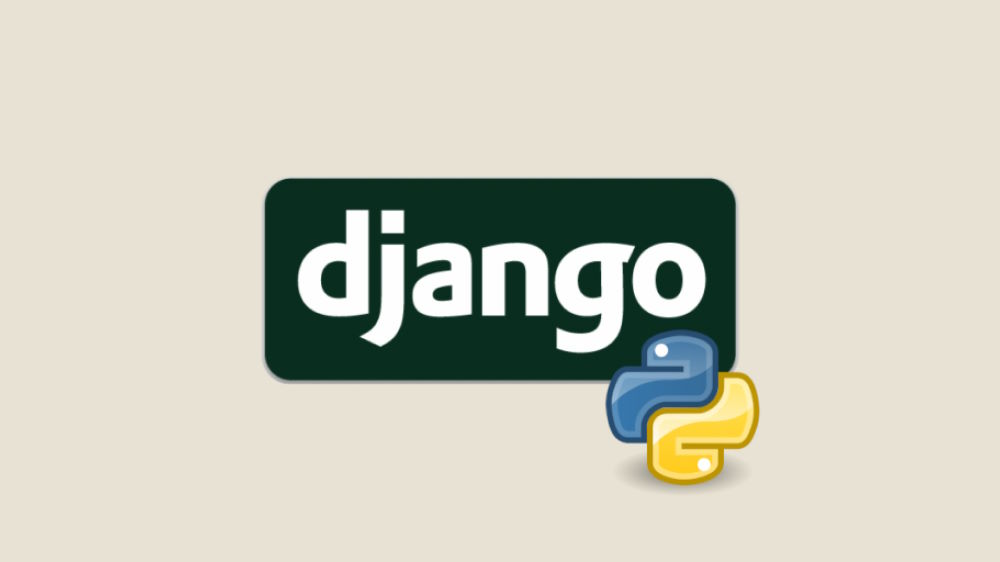
Definition
Released in 2005 by Adrian Holovaty and Simon Willison, Django is an open-source Python and full-stack web framework. Using the Model-View-Template (MVT) architecture, Django streamlines the creation of dynamic web apps. The framework provides built-in features such as template layouts, request handling, form validation, unit testing, and database management.
Django website claims that it is “the website for perfectionists with deadlines.”
The framework focuses on low coupling, pluggability, reusability, and simplicity in code. Since Django facilitates the efficient development of high-intensity applications and database-driven websites, it is no surprise that big names like Quora, Instagram, or National Geographic leverage it in their projects.
Key Features
Django is a framework that can easily handle basic development functions. This is achieved thanks to its core features.
Rapid Development
Django provides time and space for developers to focus on implementing unique features that make their web applications stand out without worrying about the underlying technical details. Implementation takes a lot of time, but Django makes it quick and easy by offering an array of built-in tools and components that streamline the development process. With Django, there is no need to create extra files for the server, transfer data from the server, or worry about other backend intricacies. This helps developers to focus on creating the best user experience for their web applications without requiring extensive knowledge of backend development.
SEO-Optimized
If you aim to focus more on search engine optimization or SEO, Django is the tool you need. It enhances your SEO efforts with URL-based website maintenance, site mapping, and the ability to generate dynamic links and URLs based on targeted keywords. Django is also great at handling large volumes of traffic, so you don’t have to worry about the website crashing, negatively impacting the user’s experience.
Highly Secure
Django prioritizes security. It safeguards the web from threats like clickjacking, SQL injection, cross-site request forgery (CSRF), cross-site scripting (XSS), etc. Moreover, this framework also has features to protect user’s accounts and passwords with the user authentication feature.
Scalable
MNCs favor Django for its ability to handle large-scale projects. This high-level Python framework excels at both scalability and maintainability. Django applications are designed to grow seamlessly alongside your user base, and its clear code structure promotes reusability and simplifies future modifications. This flexibility makes Django a perfect choice for projects of any size and scope.
Pros of Flask and Django in Web Development
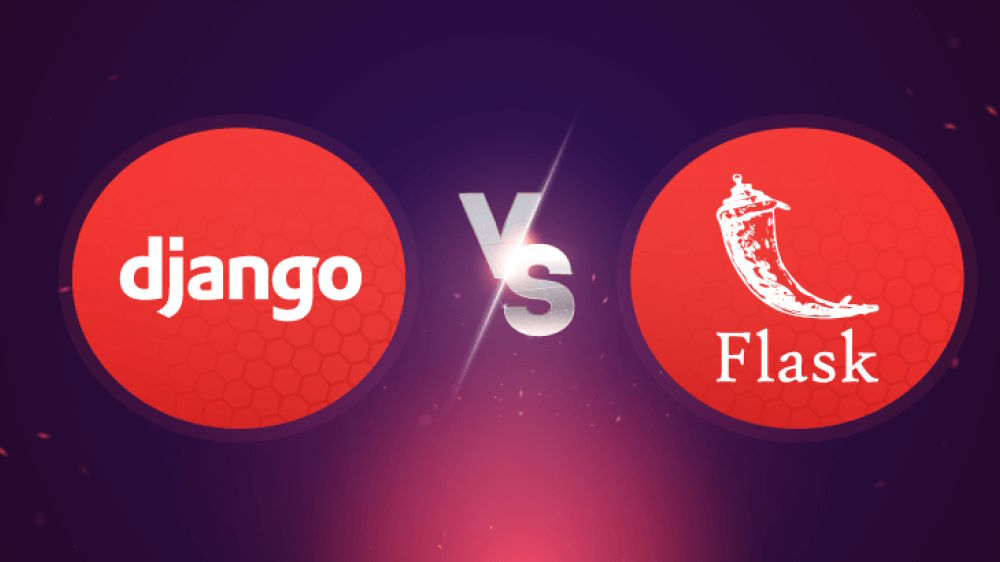
Flask’s Advantages
Flask is a popular framework choice among Python developers. Its advantages make it a favorite pick among developers for web application development projects.
- With Flask, developers can adopt the latest technologies and development trends.
- Flask allows developers to experiment and have full control over access thanks to its architectural flexibility.
- Though lightweight and minimal, Flask’s features are still powerful.
- Flask makes scaling up or down easy for both simple and complex applications.
- Offers coherent and neat APIs
- Easy integration with databases
- Simple routing URLs
- Integrated unit testing
- Easily extensible
- Requires implementation with a comparatively smaller codebase size
- Robust WSGI support that guarantees interoperability and compatibility
Django’s Advantages
- A large community of Django developers that provide extensive support
- It is popular in tech startups due to its quick project build and scaling.
- Offers one of the best sets of documentation in the world of open-source frameworks
- Robust security features that protect the web app from malicious threats. They are also pre-set up, which means there is no need for manual intervention.
- The framework’s scalability allows it to handle content management systems, complex data analysis, and machine learning.
- Provides developers with thorough application testing
- User-friendly interface with vast admin activities
- Offers a full stack of tools
Cons of Flask and Django
Flask’s Disadvantages
Compared to Django, Flask bears several disadvantages.
- The security features are lacking; there is no user authentication function, for example.
- Flask is more suitable for small projects because larger and more intricate projects make maintenance or updates challenging.
- Without extensions, there is no object-relational mapping.
- There is no built-in admin site.
- Flask may slow down the MVP development process.
- Smaller community
Django’s Disadvantages
Compared to Flask, Django has a few drawbacks.
- Django is not easy to learn. It has a steep learning curve, and you need to know everything to work with it.
- The large and complex code can cause speed problems in the future
- Developers can only handle one request at a time
- It is not compatible with other technologies
- Lacks coding conventions
- Not suitable for smaller projects
Flask and Django: A Comprehensive Comparison
Similarities
Since Flask and Django are both Python-based frameworks, they have some similarities:
- Being open-source web frameworks
- Having active communities
- Popular
- Offering developers with tools to boost productivity
- Supporting extensibility and scalability
Differences
| Flask | Django | |
|---|---|---|
| Type of framework | Lightweight framework | Full-stack framework |
| MVP development time | Slower | Faster |
| Learning Curve | Easier | Steep |
| Database Support | Supports relational database management systems like MySQL, Oracle etc. | Does not support basic database management systems |
| Feature | - Support for visual debug available - No built-in bootstrapping tool - Uses Jinja2 web design | - No support for visual debug - No external support is needed to start building web apps - Uses the View web templating system |
| Project layout | Suitable for single-page applications | Suitable for multi-page applications |
| HTML dynamic pages | Doesn’t offer HTML dynamic pages | Offers HTML dynamic pages |
| Use case | Built for simple projects | Built for large projects |
| Working style | Diversified | Monolithic |
So, Is Flask Better or Django Better?
Although we have compared Flask and Django across several criteria, it can be hard to determine which one is better because, in the end, they are quite different. It might help, however, to choose the “better” or, to word it more precisely, the more “suitable” framework based on the goals of your project.
Flask is a more suitable choice when
- You are working on smaller projects, creating rapid prototypes, RESTful web services, static websites
- You want to include new extensions down the road
- You want more control over the database
Django is the right choice when:
- You work on large projects
- You work on web apps that require security functions and authorization
- Deadlines are tight
- You work on online applications that support ORM, have API backends, and want to integrate cutting-edge technology like machine learning in the future.
- You intend to scale up the web app in the future.
Final Thoughts
All in all, it can be hard to pinpoint the exact factors that make one framework or software “better” than the other. It often comes down to what specific functions and features you are looking for. Knowing the most popular web development frameworks is a great start to help you navigate the requirements of a web project. Are you already confident with your understanding of the web framework world but are still unsure how to select the most suitable one for the upcoming projects? Worry not; we’ve got you covered with our guide to choosing the optimum framework fit.
Is there anything else that you need? Feel free to reach out to Orient Software, and we will be happy to assist you with your software development requirements.

